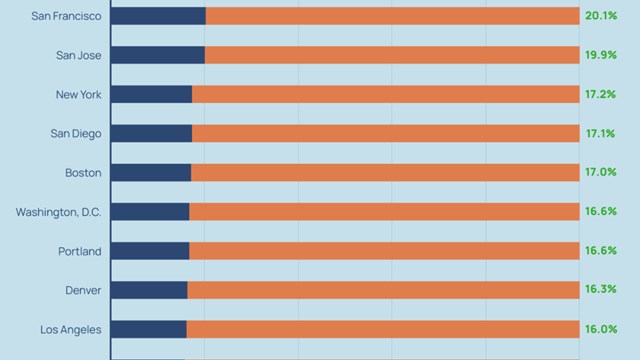Q I am a new member to the board of directors for my condo association. We are currently working on the upcoming year’s budget. Could you please provide me some insight into the following question: is it customary the condo association pay their employees payroll taxes? We currently employ four individuals, the total taxes amounts to approximately $17,500. I work, so therefore I pay my own taxes. Two of these employees make in excess of $35,000.
—New Board Member
“As a matter of law, employers are required to withhold from an employee’s salary, state and federal income taxes as well as Social Security and Medicare taxes. Employers are also required to pay to the IRS matching amounts of Social Security and Medicare taxes for their employees. Thus, in the question posed by the board member, the condominium association is not only required to withhold income taxes and payroll taxes from its employees’ paychecks, but it is also required to pay matching amounts of payroll taxes for its employees.
“In general and without knowing any of the specifics of the condo association’s payroll taxes, the 2007 FICA tax rate is 7.25 percent for employees. This 7.25 percent tax rate is broken down into a Social Security tax component and a Medicare tax component. The current Social Security tax rate is 6.2 percent, with a maximum taxable amount of $97,500 of an employee’s salary. Therefore, if an employee’s wages are equal to or greater than $97,500 in 2007, the employer will contribute $6,045 ($97,500 x 6.2 percent) to Social Security in 2007 and his/her employee will contribute the same amount. The current Medicare tax rate is 1.45 percent. Unlike the Social Security tax, there is no maximum taxable amount for Medicare. Both the employer and the employee must continue paying 1.45 percent for the Medicare tax regardless of the employee’s annual income.”







2 Comments
Leave a Comment